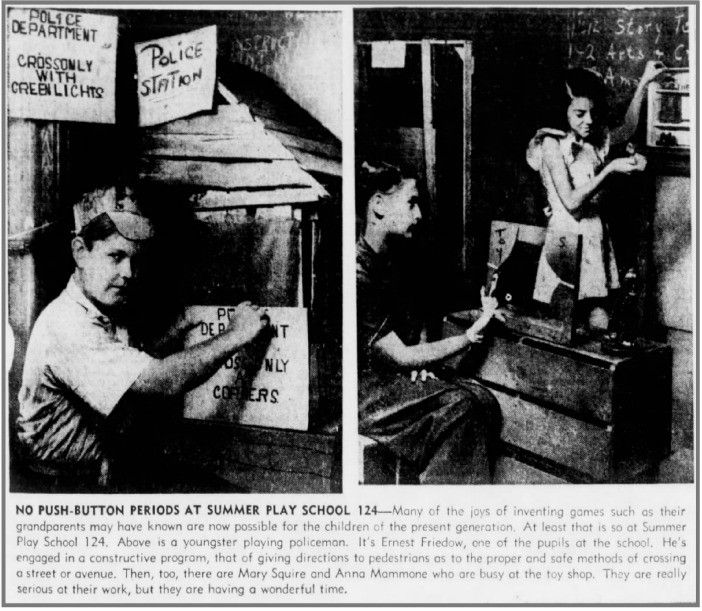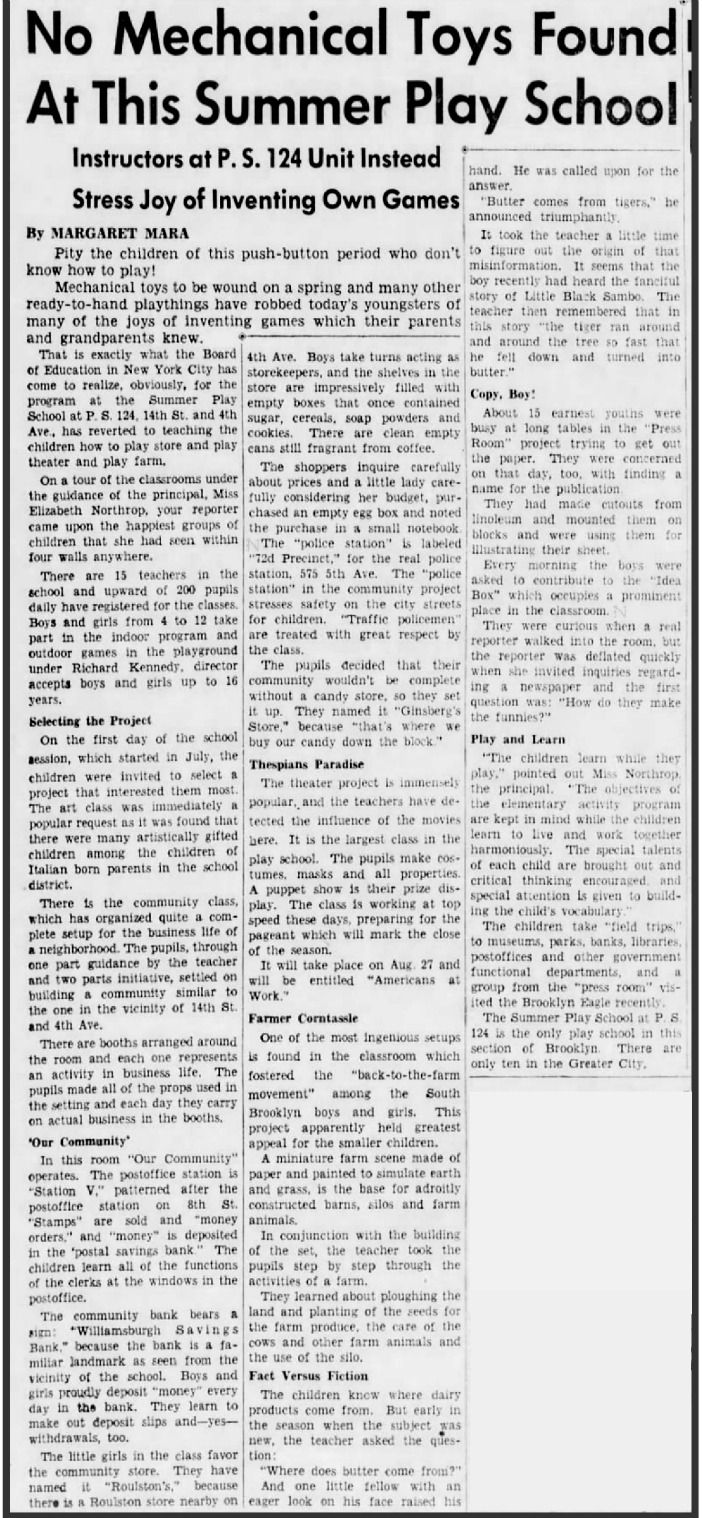Finding A Balance Between Screen Time & Play Time… In 1940


Screen time has been a hot-button parenting issue for decades, with the American Academy of Pediatrics (AAP) recommending no screens for the under-2 set, and limited time with electronics for older kids.
Of course, the advent of things like BabyFirst TV, smartphones, e-readers, and tablets — and their widespread usage in both home and school — recently motivated the AAP to reevaluate their recommendations.
The new guidelines definitely take more of a common sense approach. It’s all about moderation, content, and setting a good example for your kids when it comes to electronics. When Junior sees that you’re married to that iPhone for 22 hours a day, there’s a good chance that he’s going to be pretty hooked on the screen, too.
While we can’t deny that technology has its place in our everyday lives, there is still something to be said for kicking it old-school with a game of checkers, playing tag until the streetlights come on, or searching for doodlebugs in Prospect Park.
“Pity the children of this push-button period who don’t know how to play,” are words that could have easily been plucked from a modern (albeit dramatic) critique on electronic usage. In actuality, it’s a quote from The Brooklyn Daily Eagle, circa 1940.
“Mechanical toys to be wound on a spring,” the paper said, “and many other ready-to-hand playthings have robbed today’s youngsters of many of the joys of inventing games which their parents and grandparents knew.”
Sound familiar?
Instead of just sitting around and bemoaning the lost youth of 1940, though, the Department of Education and P.S. 124 (4th Avenue, between 13th and 14th Streets) jumped into action.
The school developed a summer play program, where children participated in art projects; recreated a miniature South Brooklyn by running businesses, a post office, and even the 72nd Precinct; learned about farming; organized a theatre troupe; and had a small press corps.
“The children learn while they play,” explained the school’s principal, Elizabeth Northrop. “The objectives of the elementary activity program are kept in mind while the children learn to live and work together harmoniously.”
The best part? Reporter Margaret Mara noted that the kids at 124 were “upon the happiest groups of children that she had seen within four walls anywhere.”
Learning, getting creative, working together, and still having fun — all without the help of “mechanical toys” or touchscreens? Sign my kid up now!
How much time do your kids spend with electronics? Would they jump at the chance to ditch the screens and recreate their own mini South Slope, or is the idea too antiquated for today’s high tech kids?





